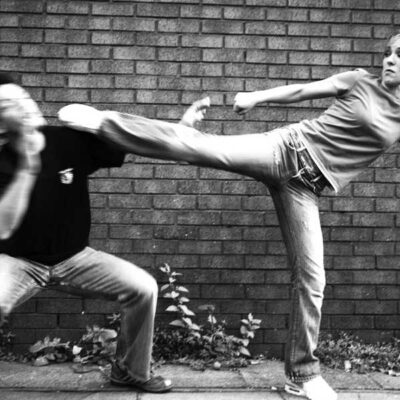Aikido, often translated as “the way of harmony,” is a Japanese martial art that emphasizes blending with an opponent’s movements to neutralize aggression without causing harm. Founded by Morihei Ueshiba in the early 20th century, Aikido is unique in its focus on harmony and non-resistance, principles that resonate deeply with me both on and off the mat.
Principles of Harmony and Non-Resistance
At the heart of Aikido lies the concept of aiki, which means harmonizing with the energy of the attacker. Instead of meeting force with force, Aikido practitioners learn to redirect the opponent’s energy, using techniques that involve joint locks, throws, and pins. This approach not only protects the practitioner but also ensures the safety of the attacker, embodying the philosophy of non-violence.
One of the most profound lessons I’ve learned from Aikido is the importance of staying centered and calm, even in the face of aggression. This principle of non-resistance teaches us to remain flexible and adaptable, qualities that are invaluable in everyday life.
Applying Aikido Principles in Practice
In practice, Aikido techniques are performed with fluid, circular movements that blend seamlessly with the opponent’s actions. This requires a high level of awareness and sensitivity, as well as a deep understanding of timing and distance. Training in Aikido is not just about physical techniques but also about cultivating a peaceful and compassionate mindset.
I remember my first Aikido class vividly. The dojo was a place of tranquility, and the emphasis on mutual respect and cooperation was evident. As I practiced the techniques, I realized that Aikido was not just a martial art but a way of life. It taught me to approach conflicts with a calm mind and an open heart, seeking resolution rather than confrontation.
Relevance to Modern Life
In today’s fast-paced and often stressful world, the principles of Aikido are more relevant than ever. The practice of harmonizing with challenges, rather than resisting them, can lead to more effective problem-solving and healthier relationships. Aikido encourages us to stay grounded and centered, helping us navigate life’s ups and downs with grace and resilience.
Moreover, the emphasis on non-violence and compassion aligns with the growing awareness of the importance of mental and emotional well-being. For me, Aikido has been a transformative journey, one that continues to shape my approach to life in profound ways.





